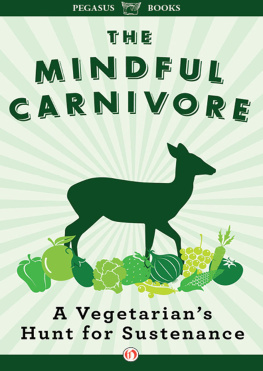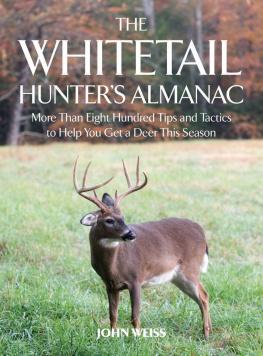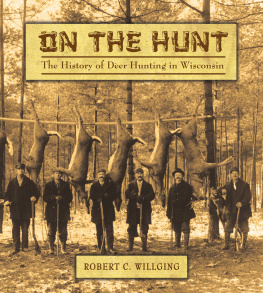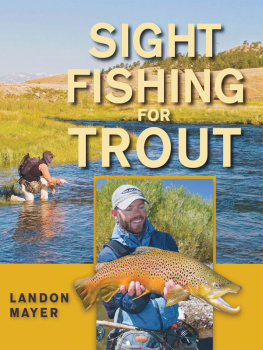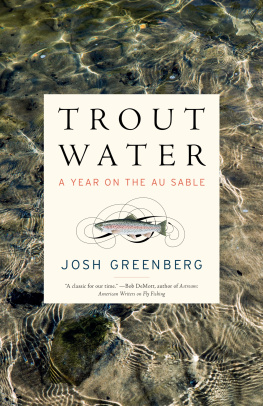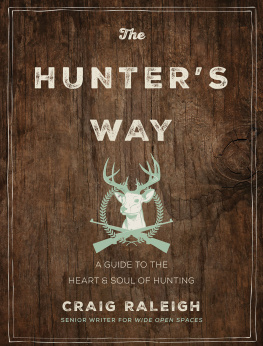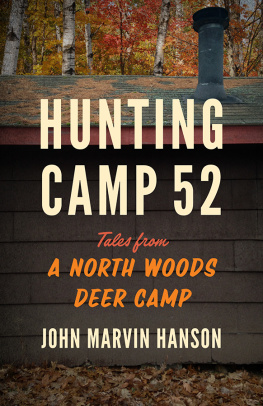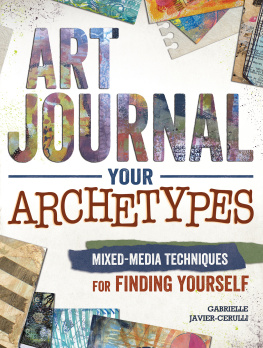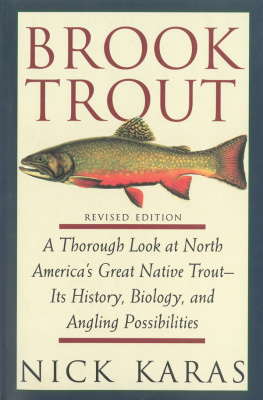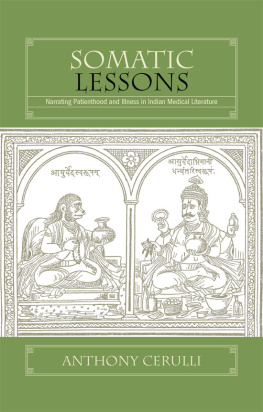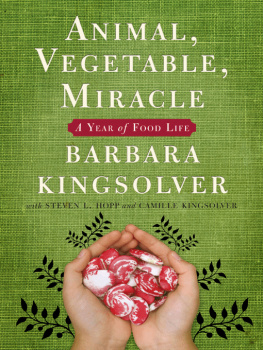THE
MINDFUL
CARNIVORE
A Vegetarians
Hunt for Sustenance
TOVAR CERULLI

PEGASUS BOOKS
NEW YORK
For Willie and Mark,
for all who eat and care,
and for the living earth that feeds us.
Praise for The Mindful Carnivore
Entertaining and erudite. Cerullis refreshingly evenhanded tone allows readers to judge the authors argument on the merits of his literary and personal evidence. Todays noisy media environment often consists of rigid, uninformed viewpoints passed off as the sole truth. Cerulli provides a welcome antidote to the bluster.
Kirkus Reviews
A remarkably candid, nuanced, and engaging meditation on what it means to be human. There are no prescriptions or preachy admonitionsjust an honest account of the mindful unfolding of a person who has taken seriously the responsibility of being dependent upon the deaths of other organisms in order to live. A bracing read.
Jan E. Dizard, author of
Going Wild and Mortal Stakes
A personal tale of how one man comes to terms with the meat on his plate and a historical look at humanitys connection to animals. The Mindful Carnivore delivers new insight in the too often simplistic vegetarian versus carnivore argument.
Novella Carpenter, author of Farm City:
The Education of an Urban Farmer
Bulls-eye! This coming-of-age story is right on target in equating livingand killingwith eating. Cerulli cuts through forests of argument with a thoughtful and thrilling narrative as he turns from vegan to hunter, stalking, killing and eating his first deer. We experience his growing awareness of what it means to be fully involved in the web of nature. With him we can wonder at its complex mystery and share in mindful eating as a sacred act.
Betty Fussell, author of
The Story of Corn and Raising Steaks
Tovar Cerulli embarks on an unlikely journey from vegan to hunter, laying bare the complicated relationship we have with the food we eat, exposing the many myths and prejudices that pile up on our plates. The Mindful Carnivore is a healthy reminder that our choices matter and an invitation to vegetarians and carnivores alike to examine their paths to sustenance.
Langdon Cook, author of
Fat of the Land: Adventures of a 21st Century Forager
Tovar Cerulli has written the book Ive been waiting for. Its memoir, adventure story, exploration and a journey into history, ethics, nutrition, ecology, and philosophy. An entertaining readand an entertaining rideinto the human experience. A savory morsel indeed.
Daniel Herman, author of
Hunting and the American Imagination
Cerulli offers penetrating insights into not only where our food comes from, but what our daily dietary choices say about who we are as human beings.
Hank Shaw, author of
Hunt, Gather, Cook: Finding the Forgotten Feast
Within these pages Tovar Cerulli navigates our role in the cycle of life in a way that is spiritual, intuitive, and profoundly real. By witnessing his transformation from staunch vegan to thoughtful hunter, we are reminded that mindful hunting not only makes us stewards of the land, but thoughtful eaters and more awake human beings. Bravo!
Georgia Pellegrini, author of Girl Hunter and Food Heroes
An unflinching account of one omnivores dilemma, drawn with psychological sensitivity and ecological sense. Cerulli treats compelling arguments on both the pro- and anti-hunting sides of the environmental divide with equanimity, while being just as equally impatient with both sides time-worn clichs and soundbite slogans. A nourishing read!
Mary Zeiss Stange, author of Woman the Hunter
and Hard Grass: Life on the Crazy Woman Bison Ranch
Elegantly written, thoughtful, intensely personal yet universal, The Mindful Carnivore is destined to become a classic.
Nicolette Hahn Niman, author of
Righteous Porkchop: Finding a Life and
Good Food Beyond Factory Farms
CONTENTS
No More Blood
The lavish Earth heaps up her riches and her gentle foods, and offers you dainties without blood and without slaughter.
Ovid, Metamorphoses
T he trout, pinned to the cutting board, flared its gills for water that wasnt there. The thin blade of my fillet knife hovered above. I had been thinking about kindness.
The week beforehalfway through college and full of questionsI had attended a retreat led by Buddhist teacher Thich Nhat Hanh. He spoke of compassion. He encouraged vegetarianism and said how glad he was to see tofu becoming available in American supermarkets. Most of all, he encouraged mindfulness.
Awareness.
Aliveness.
Being awake.
I severed the trouts head and felt a sharp twinge as the blade bit.
The killing hadnt bothered me when I was a boy. I remember a snapshot from back then: My fathers friend Willie stands beside me on a low granite shelf at the waters edge. Were both bundled in winter jackets, his giant form dwarfing my small one, our attention fixed on the boundary between air and water and on the unseen presences moving below.
I remember how chilly it was that April day. I remember my father out on the water in the battered, oft-patched rowboat; he had his camera with him. I remember because that was the day of the salmon egg.
Willie had opened his tackle box, taken out a jar, unscrewed the lid, and extracted a small red orb, no more than a quarter-inch across. Deftly, his big hands pierced the salty-smelling egg with a tiny gold hook. It disappeared inside. The length of nearly invisible leader between hook and swivel seemed too delicate to withstand a fish of any size. Willie cast out a short distance and let the egg settle into the depths. Minutes later, the diminutive tackle struck its mark and he reeled in the biggest brook trout Id ever seen, its sparkling bulk almost a foot and a half long.
Willie grinned, cheeks bunching up on either side of his broad face. I was thrilled. And mystified, too, that he had accomplished the feat with such finesse, with such improbably small implements.
I lost the photo years ago. But the image remains with me: the place where it was pinned up in my fathers house, the intent looks on Willies face and mine, the quarry wall behind us, the blueberry bushes and birch saplings clinging to crevices in the rock.
I had caught my first fish within twenty yards of that spot, a few years earlier, at the age of three or four. My mother had chaperoned me down to the waters edge and Id tossed in a hook baited with bread. Rewarded by a tug on the line, I had hauled up my first scaly prize. I suppose I should prevaricate here, in the venerable tradition of fish stories both exaggerated and fabricated, by waxing lyrical about the majesty of carpwhich Izaak Walton called the queen of riversand about the daring exploits of carp fishermen around the globe. There is, however, no getting around it. The carp I caught was an orange-and-white goldfish. Some nine inches long, perhaps, but a goldfish nonetheless.
When the fishing bug bit me more seriously at five or six, Willie became my mentor in all things finned and gilled. A big man, quick to laugh, he had grown up in South Carolina and Harlem, and had met my father years later when they both lived in Boston. I didnt know much of his story then. I knew he was a clever angler, knowledgeable about fish and water and tackle; I had no idea his innate brilliance had earned him a full scholarship at Boston University and, later, admission to Harvard Business School, which he attended on the GI Bill, both in an era when racial integration was far from the norm. I knew he was imperturbable; I had no idea that hed done three tours of duty with the navy and another tour in the struggle for civil rights, sustained by a spirituality that had little to do with religion. I knew he always seemed genuinely happyin good humor and good spirits, as he put it; I had no idea how deep hed dug, completing his MBA at Harvard and then turning his back on the lucrative life he could have led to start a custom furniture business and return to the craft he had learned to love in the high school woodshop at Bronx Science.

